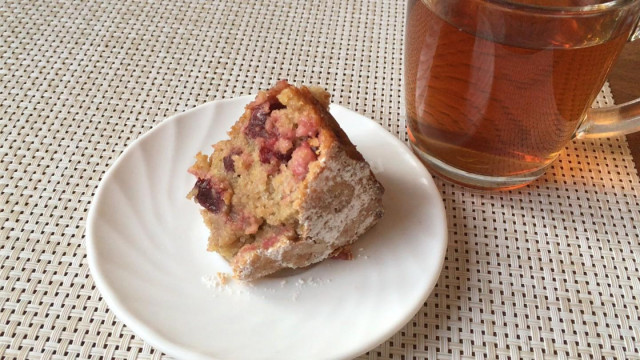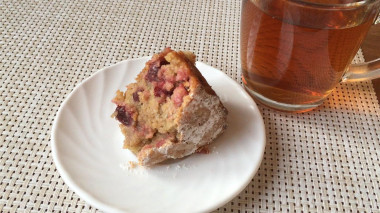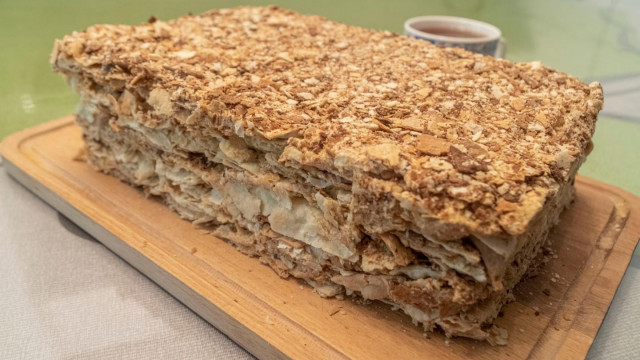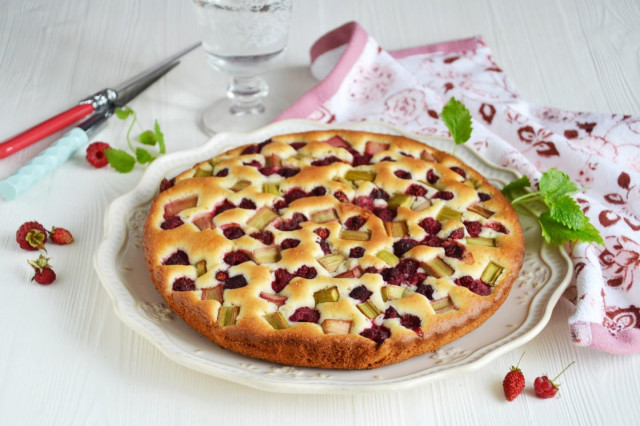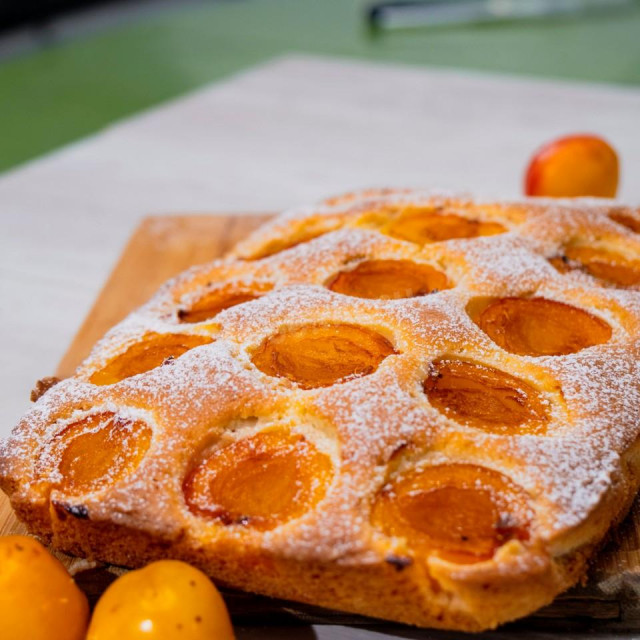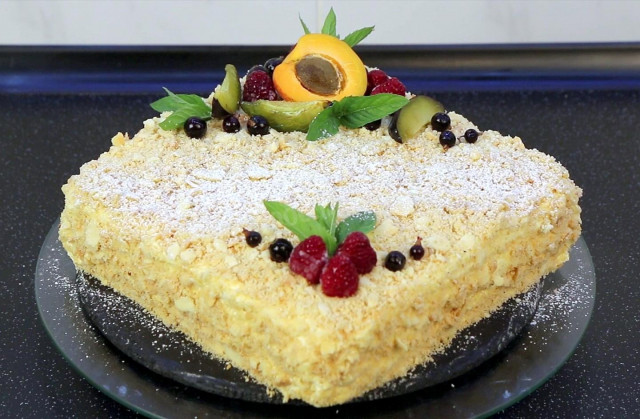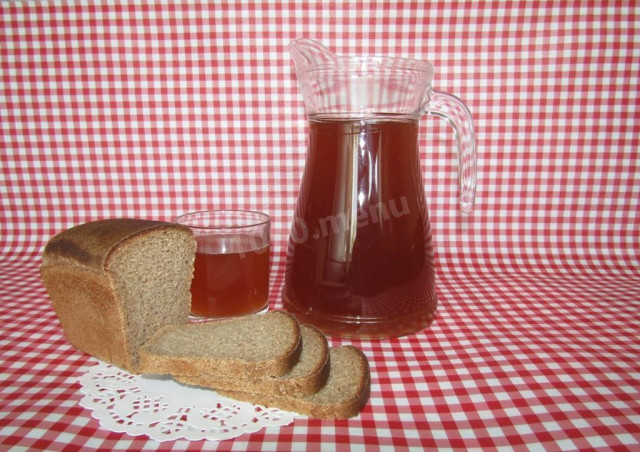Composition / ingredients
Cooking method
Defrost the cherry.
Grind butter at room temperature with sugar,
add eggs, mix.
Add flakes, mix.
Add flour and baking powder, mix.
Add the cherries, mix.
Put the dough in a baking dish.
Bake for 50-55 min at 180 C
Let the cupcake cool, then remove it from the mold.
If desired, sprinkle with powdered sugar.
Oat flakes — oatmeal, flattened with a special device in the form of corrugated or smooth petals. It is used for quick preparation of oatmeal porridge or as a basis for other quick breakfasts — for example, granola and muesli.
To obtain flakes, whole grains of oats are dried, cleaned of chaff, ground and steamed. Under the influence of steam, the grains become softer, which significantly reduces the time for their subsequent cooking. The same purpose is served by rolling, which increases the specific surface area of the product. At the final stage, the flakes are often subjected to heat treatment (light calcination).
Depending on the quality and method of processing of raw materials, oat flakes are produced in three types: "Hercules", petal and "Extra". "Hercules" and petal are produced from oatmeal of the highest grade.
Extra flakes are produced from first-class oats. The size of the "Extra" flakes are divided into three numbers:
- whole grain flakes.
- small flakes of cut grain.
- fast-growing flakes from cut grain.
Instant flakes (which do not require cooking) are the thinnest of all. As a rule, the less time it takes to prepare flakes, the more operations were spent on their production: repeated steaming, rolling, grinding, etc. Thin flakes are absorbed faster and have a higher glycemic index than ordinary ones. Nutritionists recommend giving preference to flakes that require cooking (English old-fashioned oatmeal), as they are closer to whole grains and give a longer feeling of satiety.
Oat flakes are a source of polysaccharides, i.e. carbohydrates, which maintain the energy level of the human body without sudden fluctuations, normalizing blood sugar levels. Polysaccharides have a longer processing period in the body than mono- and disaccharides. Oat bran contains a large amount of dietary fiber, helps to reduce the concentration of cholesterol in the blood, improves the activity of the heart. If salt and sugar were not added to ready-made breakfasts, an oatmeal diet may be beneficial for preventing the development of hypertension and diabetes. Oat flakes are also used for cosmetic purposes, for example, in face masks.
In the 1980s, in the wake of scientific publications about the benefits of oat bran for lowering cholesterol, America was overwhelmed by a real boom in oat bran (oat bran craze). Thanks to massive advertising, cereal producers have conquered new markets, new brands of flakes with the addition of bran have been put on sale. In 1997, the national regulator allowed an advertisement to be placed on packages stating that regular consumption of oat-based food, coupled with a low-fat diet, reduces the risk of cardiovascular diseases. The popularity of bran products has led to the appearance of whole grain flakes on the market.
Caloric content of the products possible in the composition of the dish
- Chicken egg - 157 kcal/100g
- Egg white - 45 kcal/100g
- Egg powder - 542 kcal/100g
- Egg yolk - 352 kcal/100g
- Ostrich egg - 118 kcal/100g
- Whole durum wheat flour fortified - 333 kcal/100g
- Whole durum wheat flour universal - 364 kcal/100g
- Flour krupchatka - 348 kcal/100g
- Flour - 325 kcal/100g
- Granulated sugar - 398 kcal/100g
- Sugar - 398 kcal/100g
- Butter 82% - 734 kcal/100g
- Amateur unsalted butter - 709 kcal/100g
- Unsalted peasant butter - 661 kcal/100g
- Peasant salted butter - 652 kcal/100g
- Melted butter - 869 kcal/100g
- Oat flakes - 305 kcal/100g
- Raw Hercules - 390 kcal/100g
- Baking powder - 79 kcal/100g
- Frozen cherry - 46 kcal/100g

